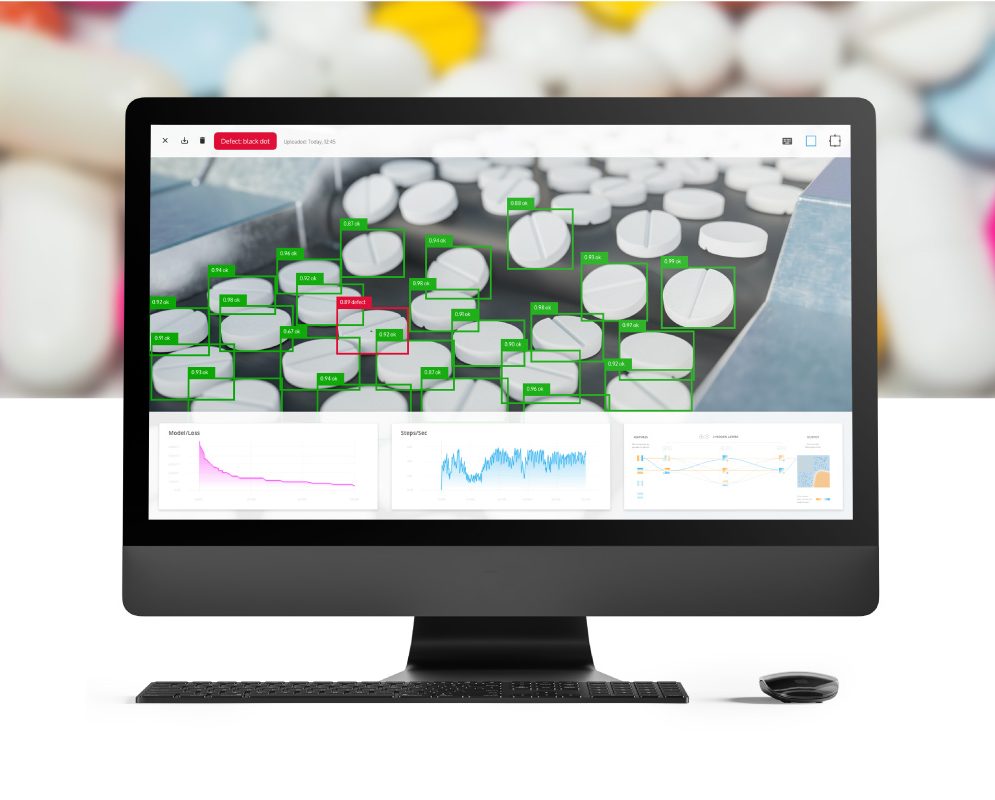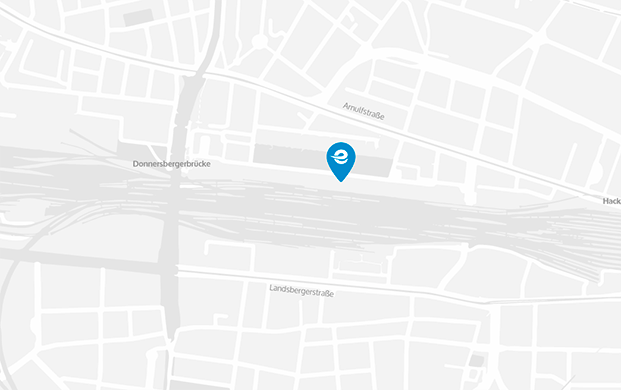With the aim of meeting the highest quality requirements, quality assurance is considered a decisive step in production in almost all industries today. Manufacturers pursue the fulfillment of predefined qualitative characteristics. Above all, the constantly increasing quality demands of end consumers and customers in the processing industry make comprehensive and efficient quality control indispensable in most sectors.
Inline quality assurance in production
With the advent of mass production and series production in the 19th century, quality control developed into an important production step. In order to ensure that the production process ran smoothly, quality assurance had to be integrated into the existing production process in the best possible way. As this was often not possible efficiently, many manufacturers relied on random quality control. However, automated quality control procedures have become established, particularly in industries that are characterized by high quality or safety standards. These can be optimally integrated into the existing process.

Advantages of automated inline quality assurance
Software-based methods for inline quality control, such as AI.SEE™ from elunic, can be optimally integrated into any production process. The open system can be easily connected to existing hardware, such as camera systems. In addition, the adaptive system impresses with its cost efficiency and consistency and is characterized by the possibility of centralized documentation of production defects. Based on this, adjustments can be made during ongoing production, thus significantly reducing committee.
Showcases.
Your path to automated quality assurance with elunic
Get in touch.
Do you have a project enquiry? Please do not hesitate to contact us - we will be happy to answer you promptly.







































































































